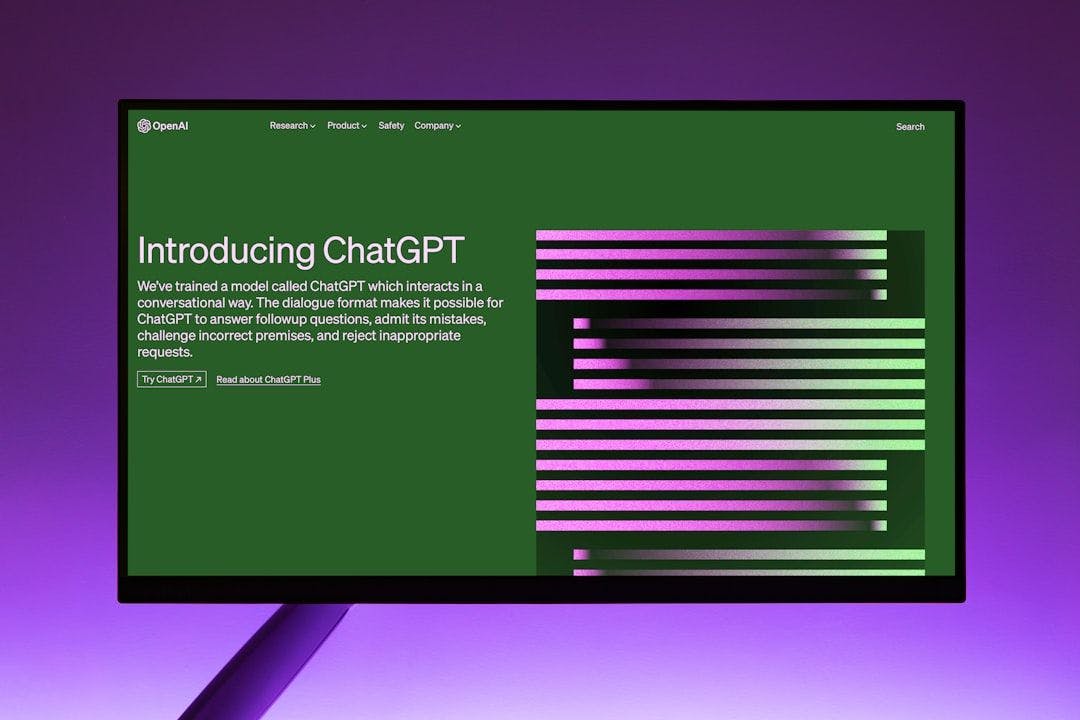632 reads
Why OpenAI Should Become Open-Source
by
May 2nd, 2024
Audio Presented by
VolanteChain.com CEO, former OpenAI. Forbes. 600k+ Web3 YouTube, Add me on LinkedIn: linkedin.com/in/joeybertschler
Story's Credibility

About Author
VolanteChain.com CEO, former OpenAI. Forbes. 600k+ Web3 YouTube, Add me on LinkedIn: linkedin.com/in/joeybertschler
